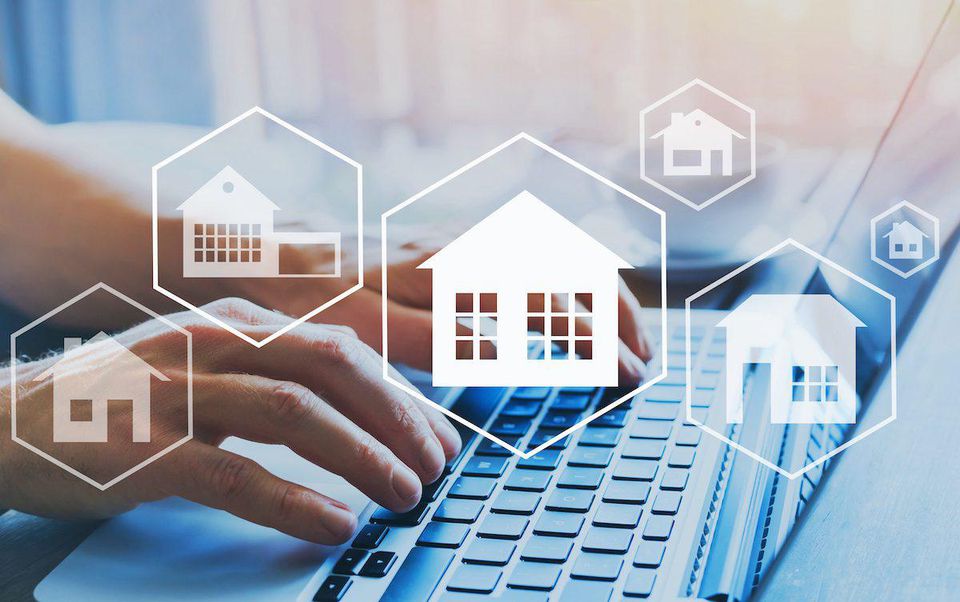
Credit scores are used by lenders to determine whether someone should be approved for a loan. They're also important when applying for jobs, renting an apartment, buying a house, and even getting insurance.
- Pay off your debts
If you have any outstanding debt, pay it off as quickly as possible. This will help you build up good credit history. - Don't miss payments
Paying your bills on time is one of the easiest ways to improve your credit score. It's also an easy way to avoid late fees and other penalties. - Be careful with your spending habits
If you're having trouble paying off debt, there are some things you can do to help yourself out. First, make sure you pay all of your bills on time. This will show lenders that you're responsible with money and that you'll repay them when you owe them. Next, try to keep your balance below 30% of your total available credit. Finally, if you find yourself carrying too much debt, consider consolidating your loans into one loan. You might even qualify for a lower interest rate. - Remove negative items
One thing you can do is contact your creditors and ask them to remove negative items from your report. Negative items include collections accounts, judgements, liens, bankruptcies, foreclosures, and repossessions. These items hurt your score because they indicate that you haven't paid back debts. - Check your credit report regularly
You should check your credit report at least once every 12 months. If there's anything wrong with it, you'll want to correct it as soon as possible. This will help you avoid any unnecessary fees and penalties. - Request a copy of your credit report
You can request a copy of your credit report from a credit reporting body.
